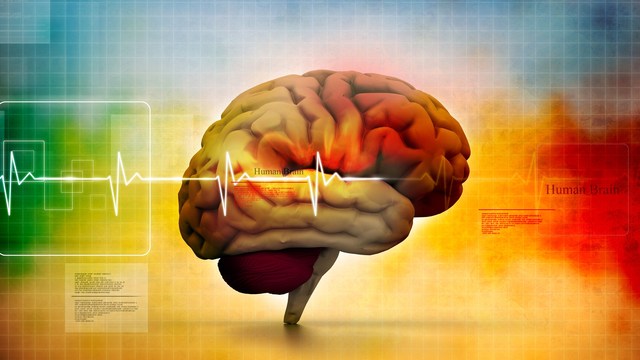 Divakaran Dileep/PhotoSpin
Divakaran Dileep/PhotoSpin
Would you know if you were having a stroke? Stroke is the third leading cause of death for women in the United States, and fourth for men and women combined. But one in five women could not name a single stroke symptom, according to a new study published in the journal Stroke.
A stroke is a serious and sometime fatal condition that occurs when the blood supply to the brain is blocked, or when a blood vessel in the brain bursts. The good news is that rapid treatment with anticoagulants can reduce or eliminate lasting effects from a stroke.
Learn the symptoms of a stroke so you can get quick medical help. This is an important step in protecting your health and the health of your family.
According to the study by the American Heart Association, about half of the 1205 women surveyed knew that sudden weakness or numbness on one side of the face or body was a sign of a stroke. Difficulty speaking or understanding speech was listed as a stroke symptom by 44 percent of the survey group, more often by white women than by Hispanics.
But less than one-fourth of the women in the study knew that sudden, severe headaches could be stroke symptoms, and only 18 percent were aware that sudden dimness or loss of vision could be a sign of a stroke.
Approximately 84 percent of all the women surveyed knew to call 9-1-1 if they suspected they were having a stroke.
The study team concluded that the nationally representative sample of women showed that most women are not adequately aware of the signs and symptoms of a stroke.
The American Stroke Association suggests using F.A.S.T. to remember the four main stroke symptoms:
F – Face Drooping.
Check to see if one side of the face is droopy or numb. Is the smile even on both sides, or only lifted on one side?
A – Arm Weakness.
Check to see if one arm feels weak or numb. Raise both arms and watch to see if one arm drifts down or is harder to hold up.
S – Speech Difficulty.
Is speech slurred? Is it hard to understand what is being said?
T – Time to call 9-1-1.
If you or someone else has these symptoms, call 9-1-1. Try to note the time the symptoms first started. Go to the hospital right away even if the symptoms seem to go away.
F.A.S.T. can help you remember the most common stroke symptoms. But there are other, less common symptoms that you should also remember.
These symptoms include:
• Confusion or difficulty understanding
• Vision changes such as trouble seeing from one or both eyes
• Sudden numbness or weakness in the face, arm or leg
• Sudden dizziness, loss of balance or trouble walking
• Sudden, severe headache for no apparent reason
Every year, approximately 55,000 more women than men have a stroke in the United States. About 31 percent of all American women who have a stroke will need help to care for themselves afterward.
Know the symptoms of stroke and get emergency medical help immediately if you suspect that you might be having a stroke.
Sources:
Stroke. National Women’s Knowledge of Stroke Warning Signs, Overall and by Race/Ethnic Group. Heidi Mochari-Greenberger et al. Web. March 24. 2014.
https://stroke.ahajournals.org/content/early/2014/03/19/STROKEAHA.113.00...
American Stroke Association. Stroke Warning Signs and Symptoms. Web. March 24, 2014.
http://www.strokeassociation.org/STROKEORG/WarningSigns/Stroke-Warning-S...
American Stroke Association. Learn More Stroke Warning Signs and Symptoms. Web. March 24, 2014.
http://www.strokeassociation.org/STROKEORG/WarningSigns/Learn-More-Strok...
NPR. Most U.S. Women Wouldn’t Know A Stroke If They Saw or Felt One. Linda Poon. Web. March 24, 2014.
http://www.npr.org/blogs/health/2014/03/19/291144291/most-u-s-women-woul...
Centers for Disease Control and Prevention. Stroke. Web. March 24, 2014.
http://www.cdc.gov/stroke
Reviewed March 26, 2014
by Michele Blacksberg RN
Edited by Jody Smith






Add a CommentComments
There are no comments yet. Be the first one and get the conversation started!